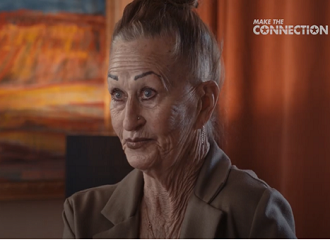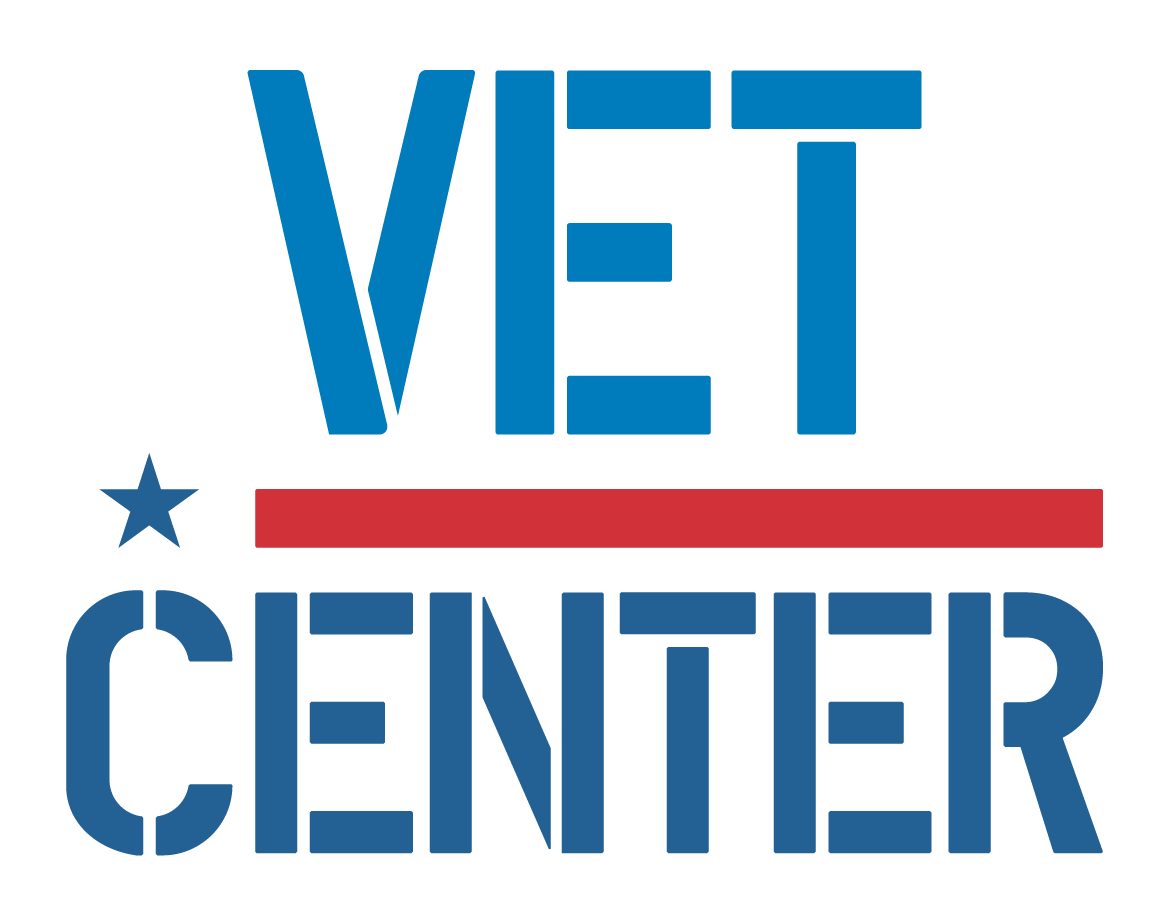- Try to rest with your eyes closed and head supported.
- Practice relaxation techniques, such as deep breathing or taking a warm shower and releasing the tension in your back, neck, and shoulders.
- Use an ice pack on the painful area of your head.
- Ask someone to rub your neck and back, or get a massage.
- Use an over-the-counter painkiller such as ibuprofen, acetaminophen, or aspirin—only as directed and once in a while. Some pain relievers can actually make headaches worse, particularly if used too often. These are called "rebound headaches."
Making some simple changes in your lifestyle can also help you avoid or reduce headaches.
- Get enough sleep and try to follow a regular sleep schedule.
- Eat regularly, without skipping meals, and choose healthy foods without large amounts of salt or caffeine.
- Maintain good posture, especially if you work at a desk or frequently use the phone.
- Drink water throughout the day to stay hydrated.
Every day, Veterans from all military service branches and eras connect with proven resources and effective treatments. Here’s how to take the next step: the one that’s right for you.
New to VA? Apply for health care benefits.
- Getting started is simple. Create a free account online to help ease your enrollment process. To prepare to apply for VA health care in person, by telephone, or by mail, explore VA’s “How to Apply for VA Health Care” page.
- Not sure whether you are eligible for VA health care benefits? Read about eligibility for VA health care.
- Unsure of what kind of help you need? Call 877-222-VETS (877-222-8387) to find the right resources to meet your needs, Monday through Friday, 8:00 a.m. to 8:00 p.m. ET. If you have hearing loss, call TTY: 800-877-8339.
- Veterans’ family members and caregivers can see whether they qualify for VA medical benefits as a spouse, surviving spouse, dependent child, or caregiver. Explore family and caregiver health benefits.
Already enrolled in VA and interested in mental health support? Schedule a mental health appointment.
- If you’re already enrolled in and using VA health care, the fastest way to schedule VA appointments is to call the VA facility where you want to receive care.
- With VA appointments tools, you can schedule some VA health care appointments online, view details about upcoming appointments, and organize your health care calendar.
- If you’re not using VA medical services, contact your nearest VA medical center or Vet Center to talk about your needs.
What about other options at VA? VA offers a variety of tools and resources.
- The Veteran Training online self-help portal includes modules on managing anger, developing parenting and problem-solving skills, and more.
- Mental health apps for Veterans cover a variety of topics, ranging from PTSD to anger management to quitting smoking.
- VA TeleMental Health connects you with a VA mental health provider through a computer or mobile device in your home or at your nearest VA health facility. You can learn more about this option from your local VA medical center.
- Community-based Vet Centers provide confidential counseling, community engagement and referral services to eligible individuals and their families. You don’t need to be enrolled in VA healthcare or have a service connection to receive services. Find a Vet Center near you or call 877-927-8387, 24/7 to talk with a fellow Veteran about your experiences.
What about support outside of VA?
FindTreatment.gov and the National Resource Directory list programs outside of VA. Use these tools to find resources near you.
Learn about what you can do if you are experiencing specific concerns related to headaches, such as stress and anxiety, depression, effects of traumatic brain injury, chronic pain, and trouble sleeping.











